Beijing Normal University-Hong Kong Baptist University joint venture propels communications students into top international graduate programs with its diverse, interdisciplinary approach
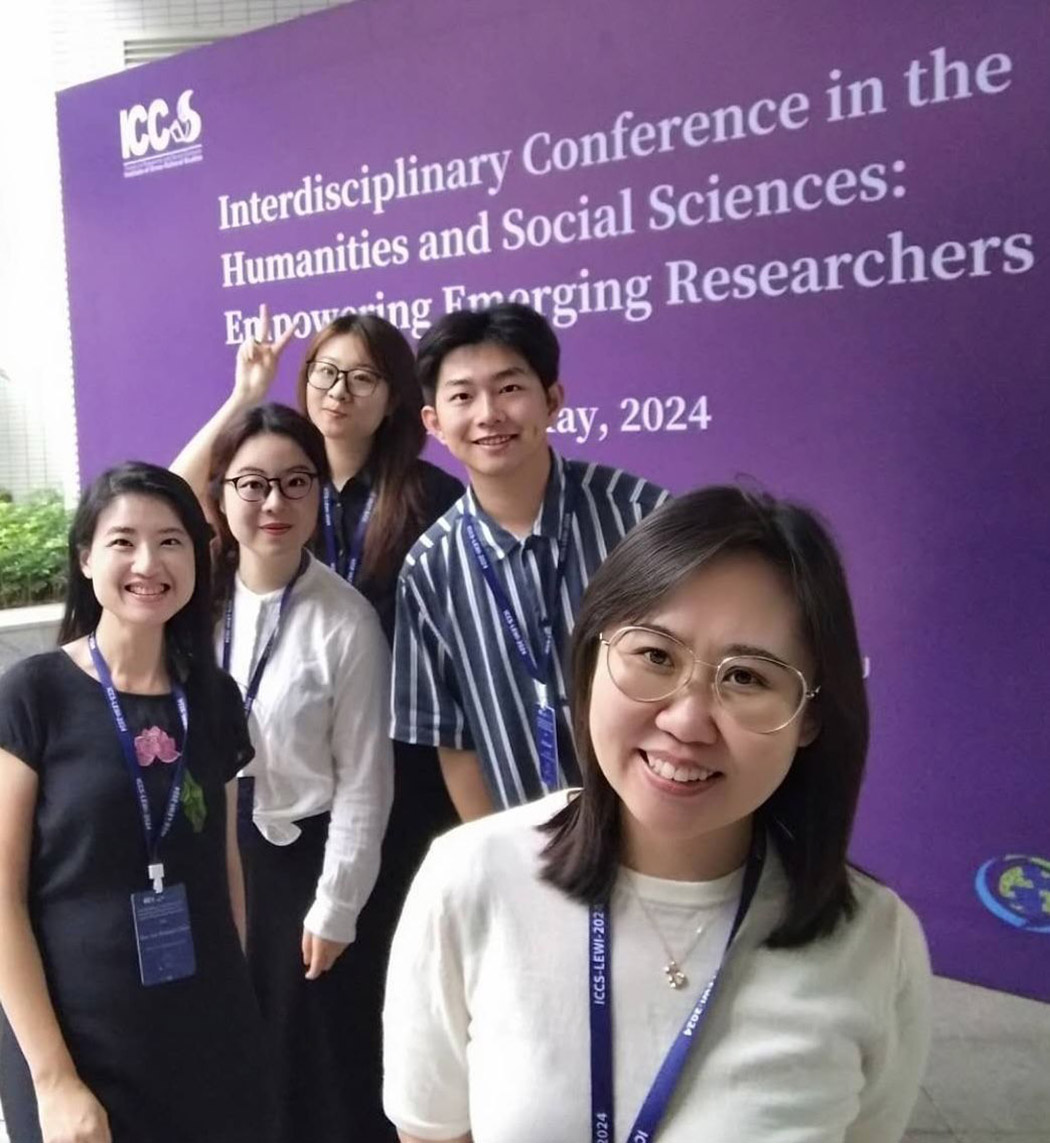
When freshmen arrive on the picturesque lakeside campus nestled in the leafy Zhuhai hills, it is usually their first time being a member of an international academic community.
The joint venture Beijing Normal University-Hong Kong Baptist University United International College (UIC) has faculty from 30 countries and regions, and students need to adjust to an international, interdisciplinary curriculum unlike what they experienced in their high schools.
For many freshmen, it could be the first time spending an entire day in classes taught wholly in English. Few are prepared for the group-work class assignments that are one of the college’s hallmarks, and an advantage for those seeking international careers.
The academic environment and personal interaction with faculty, all of whom are graduates of or have worked at universities outside of the Chinese mainland, are among the keys to UIC students’ high acceptance rate at overseas brand-name graduate schools. Last year, 83 percent of the college’s 1,500 graduates went on to advanced studies outside the mainland, with nearly 85 percent of those being admitted to the global top 100 universities.
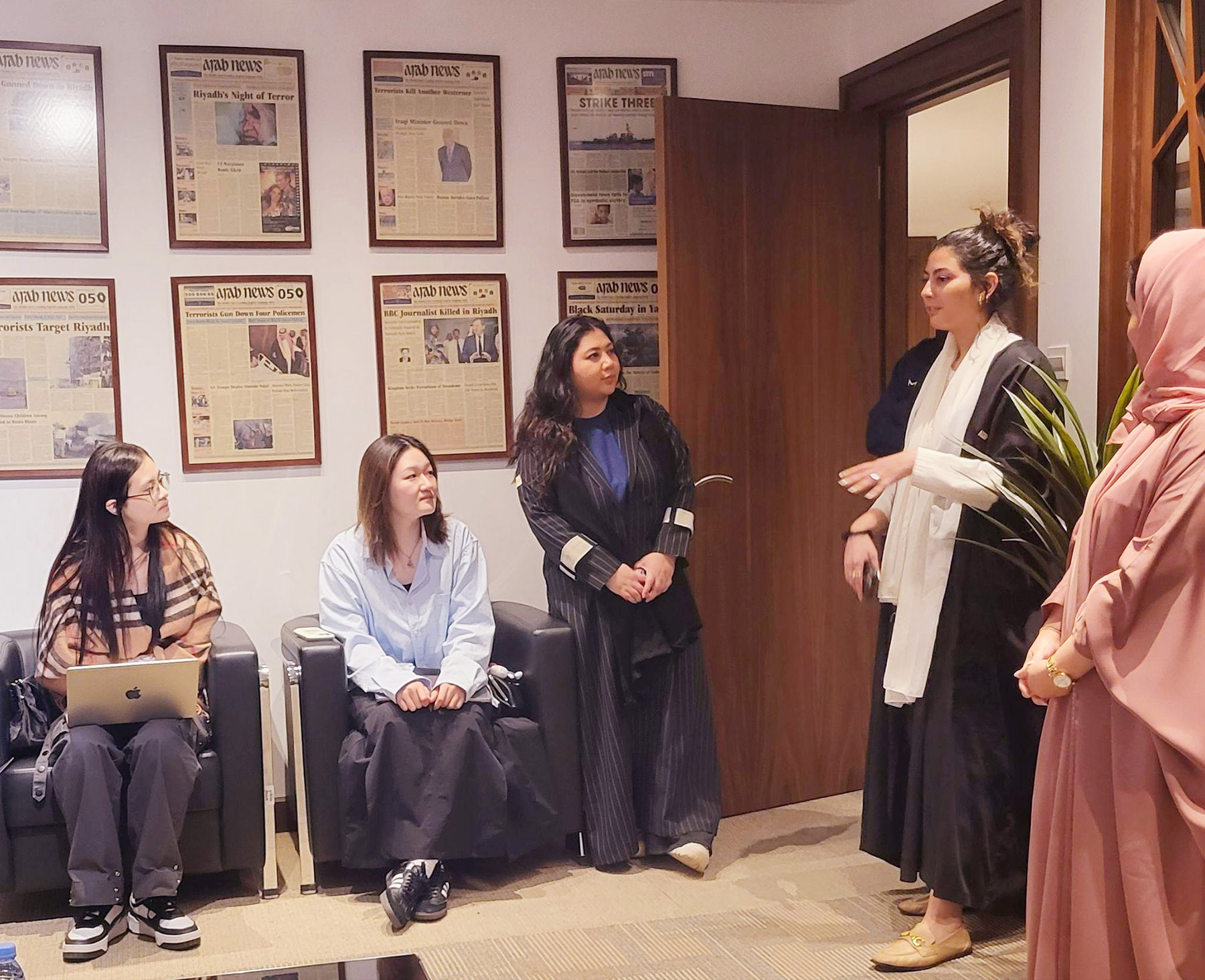
Established in 2005 as the first higher education institution co-founded by the mainland and Hong Kong, UIC offers a liberal arts education that fosters global thinking. The college encourages its 8,600 undergraduates to take a semester “abroad” at one of the 60 partner schools to help them become culturally versatile.
At the Department of Communications, the 35-strong faculty of scholars and practitioners aim to prepare students for careers within or outside of Chinese mainland in academia, public relations, advertising, and journalism.
UIC Senior Eileen Wang, who heads to Columbia University this fall to study at the prestigious US journalism school, says the college’s international orientation and the opportunity to learn from professional journalists are among the department’s strengths.
Wang, who as a junior served a stint as editor-in-chief of campus online media, says that during her four years at UIC, she came to understand that professional journalists should “adhere to ethical standards and journalistic integrity to amplify social value and public interest”.
One of Wang’s professors, award-winning journalist and documentary filmmaker Jocelyn Ford, hopes sharing her four decades of professional experience in Japan, the US, and China will inspire students “to become engaging storytellers who are capable of sharing their worthy ideas across borders”.
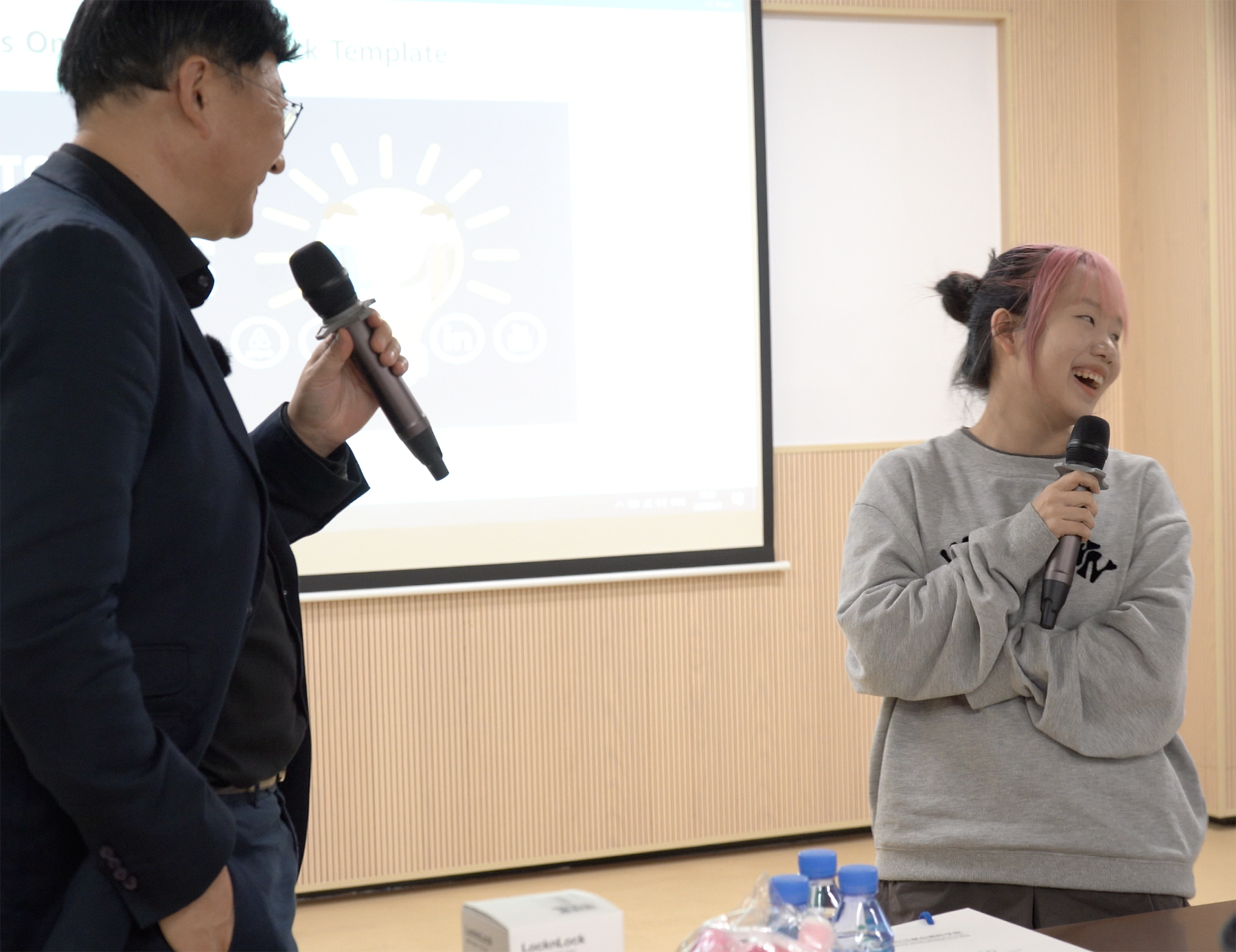
To this end, Ford, a professor of practice with 20 years of experience in China, pioneered a “sound-rich” podcast class that includes crafting natural sound from the environment, interviews, and narratives into compelling factual stories, or, as she says, “Documentary films for the ears.”
The format has helped podcasting become a major industry in the US and elsewhere, but is virtually unheard of in China where Ford has been told she is the first to teach such classes.
Ford has also introduced off-campus student documentary film festivals where young directors present their works and discuss them with the public, and this spring arranged for Korean Broadcasting System senior producer Kenny Bae to give students a mock experience “pitching” their documentary projects to media funders.
Yu Pei’en, a second-year Media and Communication Studies student from Shenzhen who won an award for her news video pitch on UIC’s generative AI policies, says such opportunities can be intimidating for high school graduates unaccustomed to speaking in class.
“You really need to be brave in voicing your ideas here, which many Chinese students are not good at, to begin with,” she says.
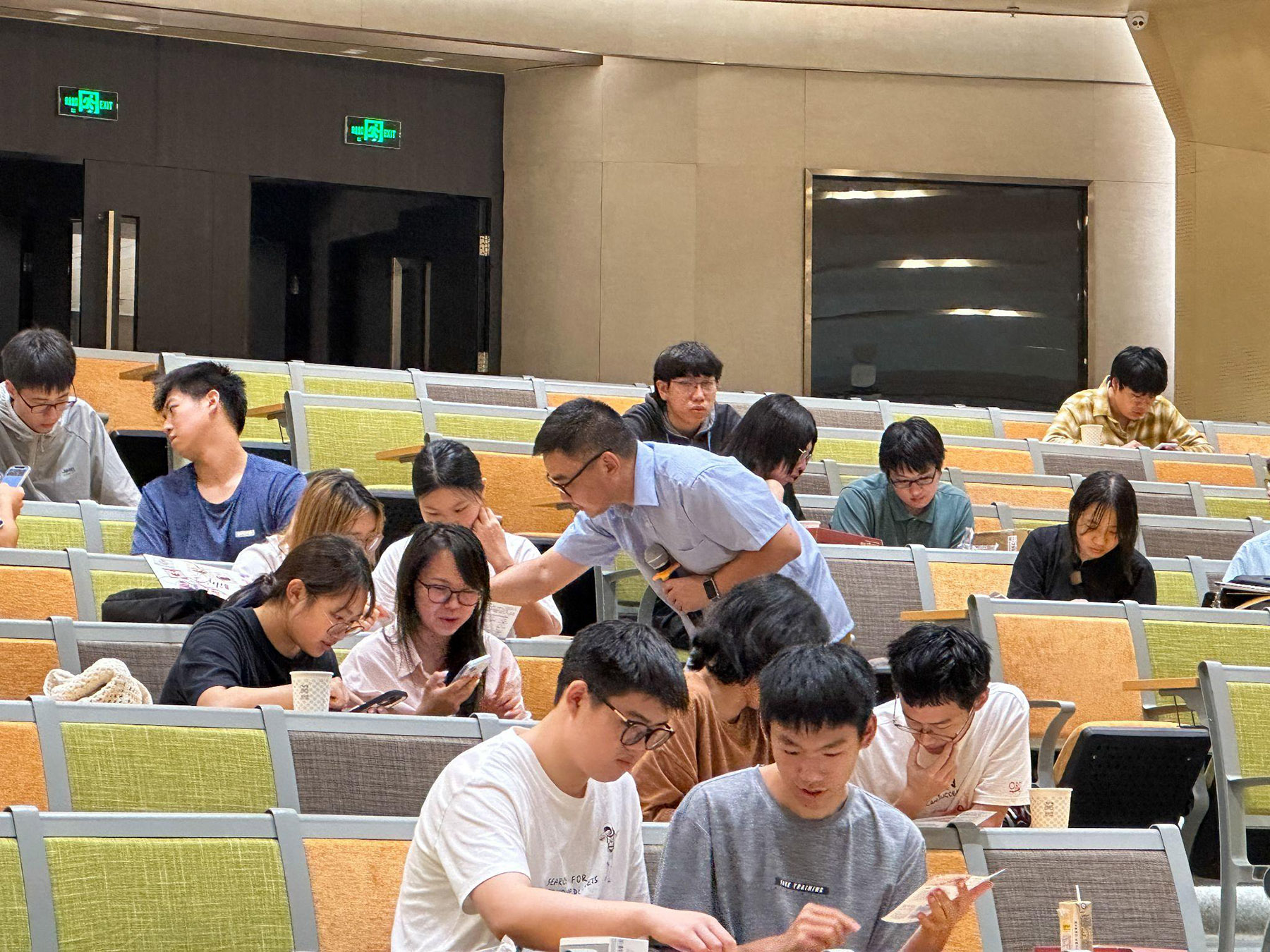
Yu says she also appreciates the relaxed teacher-student interactions and coursework that have helped her realize the importance of critical thinking, the ability to formulate and articulate ideas, and how to fact-check.
“You have to do your research as thoroughly as possible,” she says. “You have to make sure you yourself are actually understanding every single word you are writing down.”
Communications department teachers emphasize media literacy skills, such as how to distinguish between journalism and corporate communications or identify paid advertising, regardless of whether they teach journalism or advertising.
Lan Xiaomeng, assistant professor in Public Relations and Advertising, worked for six years as a journalist and editor covering international economics, finance, and politics before joining the UIC.
“My news media work instilled in me a keen awareness of societal developments and a deep commitment to understanding the bigger picture,” Lan says.
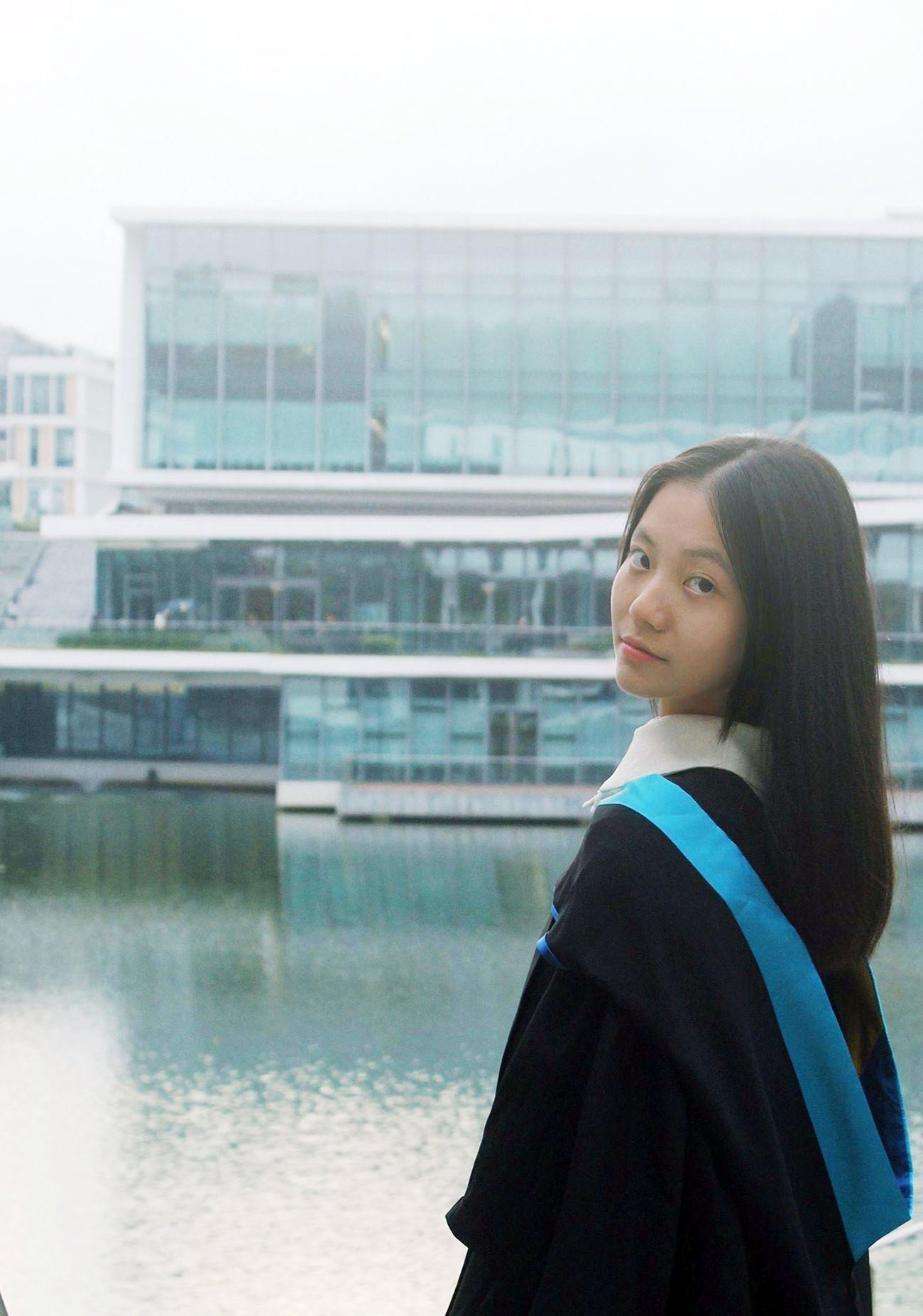
Lan, who has a doctorate from the University of Florida, a top US graduate school in Communications, takes advantage of UIC’s five faculties to conduct collaborative interdisciplinary research with data science scholars. Currently, her team is using big data to analyze public opinion on public health policies.
Lan encourages her students to explore different disciplines by taking courses such as sociology, psychology, cultural studies, and ethics.
“This broad exploration equips students with a comprehensive understanding of human behavior, societal trends, cultural dynamics, and moral considerations,” Lan says.
UIC students also have the opportunity to venture off campus to explore nearby communities.
Chen Jianing, assistant professor in the department’s Chinese Culture and Global Communication program, leads student trips to Buddhist and Taoist temples in Guangdong province.
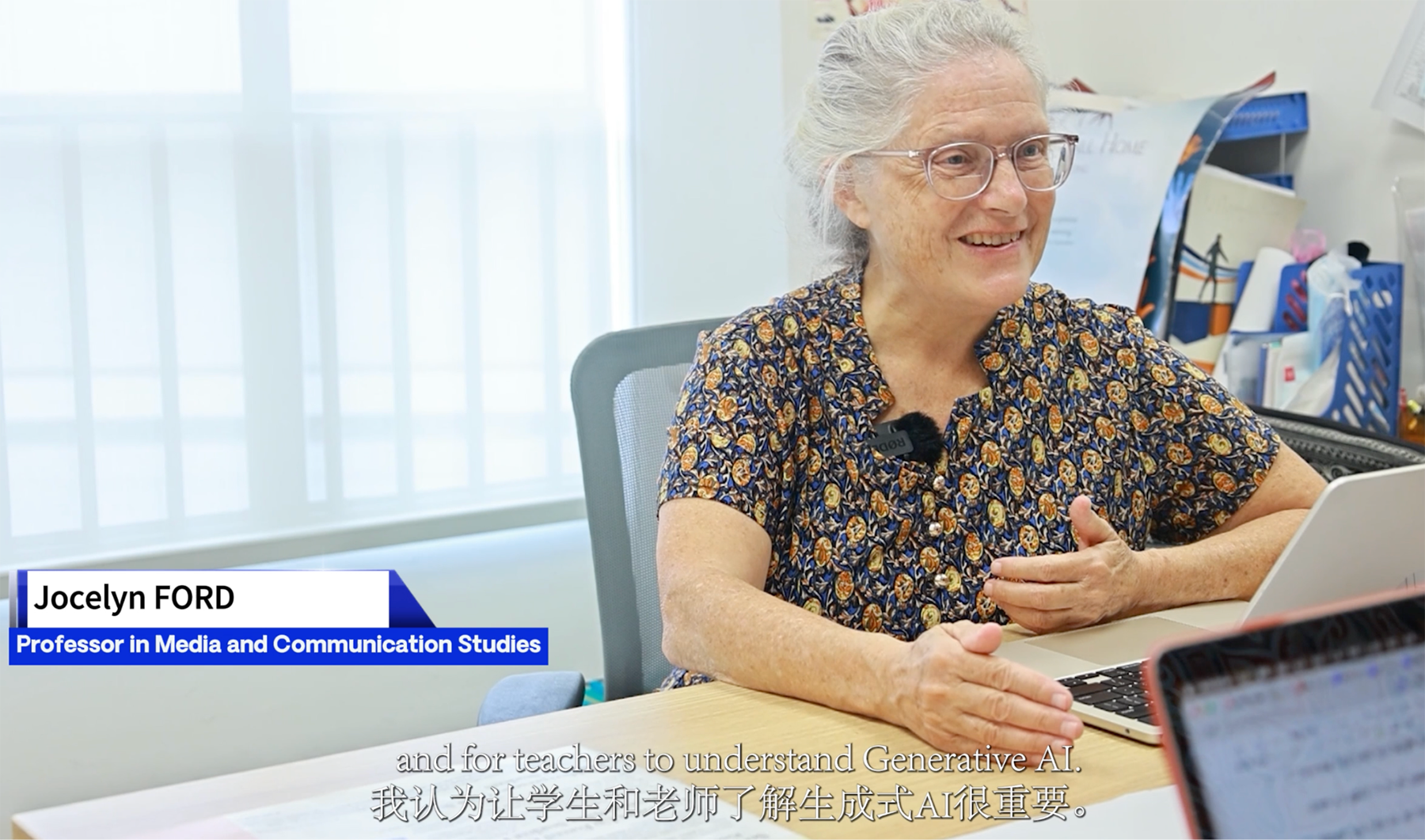
Chen’s program promotes a holistic understanding of Chinese culture, from Chinese history and philosophy to linguistics and literature to Chinese culture in new media.
A former visiting scholar at the University of Pennsylvania, Chen says UIC’s collaborations with universities in Hong Kong and Macao, which offer academic programs akin to those at Western universities, provide students with important opportunities. “This helps our students gain a global perspective on the diversity of Chinese culture and prepares them for future overseas study,” Chen says.
For example, when Li Yushan, a sophomore in Chen’s program, participated in a weeklong study tour to Saudi Arabia and Dubai together with students from Hong Kong Baptist University, she returned to Zhuhai with a lesson she could not have learned in the classroom.
In Riyadh, Li was surprised by what she heard in an “unforgettable” meeting with half a dozen female journalists at Arab News, a leading English-language paper in the Middle East, who said they feel Saudi women have been misrepresented by international media.
“Go to the country, communicate with the people, witness the culture,” Li wrote in reflections about the trip. “Put down stereotypes, and go experience. ”


